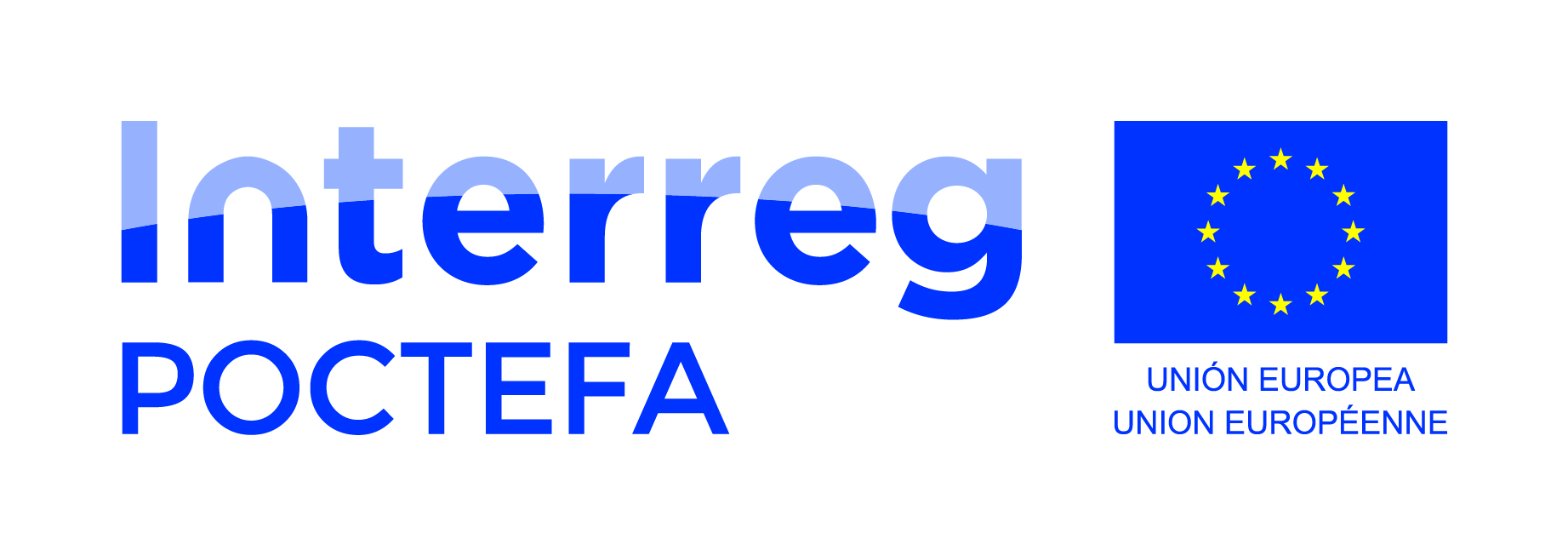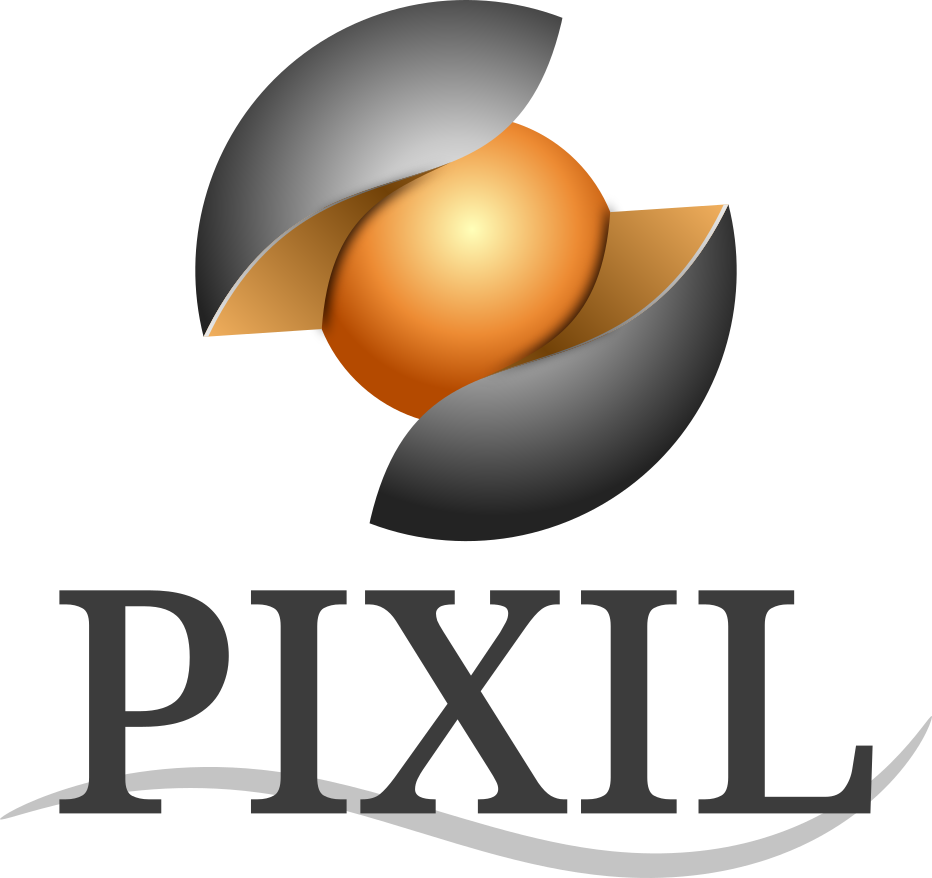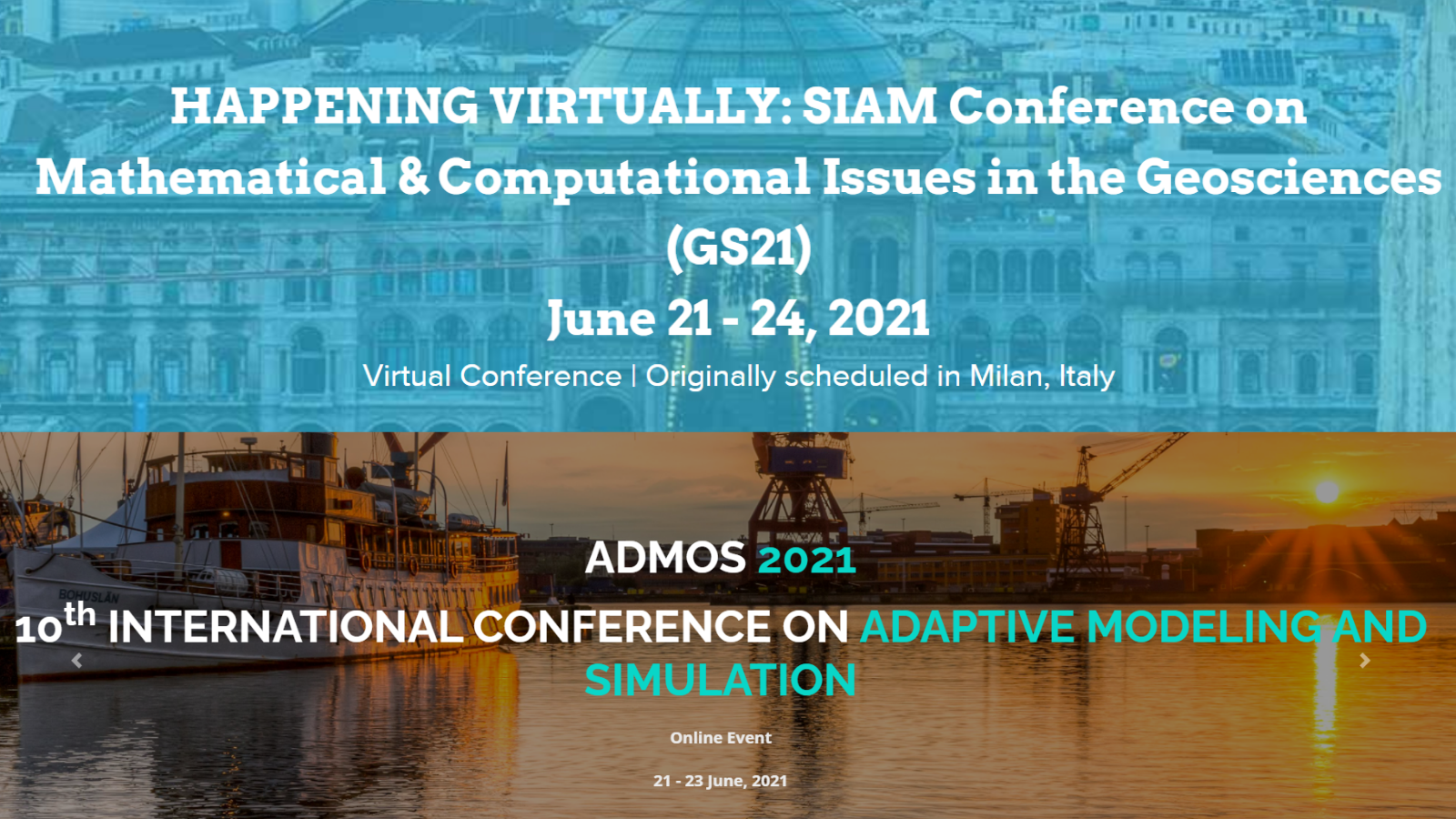
This June, two large virtual conferences were held with the participation of Octavio Castillo, Postdoctoral Researcher at the Barcelona Supercomputing Center and member of the PIXIL project.
The first one, the SIAM Conference on Mathematical & Computational Issues in the Geosciences (GS21), was held from 21 to 24 June and focused on current issues in applied and computational mathematics in the framework of geoscience. On the first day of the event, Castillo presented the poster "3D electromagnetic modelling and inversion using an open-source paradigm: experiences and perspectives". In his talk, he highlighted the advantages of developing and using open-source software in a multidisciplinary context and showed real cases of 3D electromagnetic modeling and inversion which exploits the computing capacity of the architecture. Furthermore, Castillo pointed out the importance of providing reproducible results that are easy to explore and even extend to demonstrate that an open-source paradigm has the potential not only to reduce the time required to carry out research but also to disseminate results quickly.
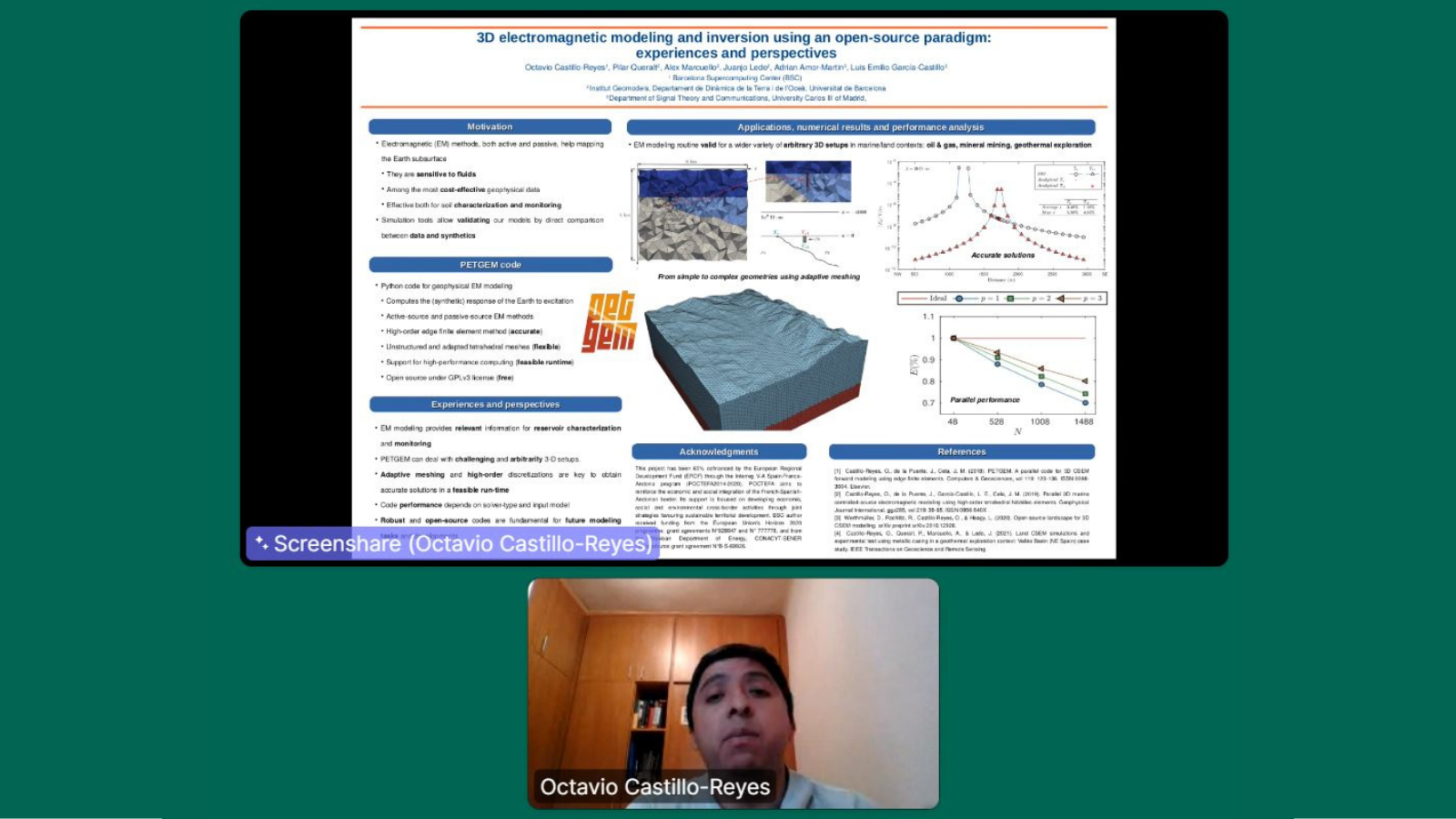
Image 1. Octavio Castillo's talk at SIAM GS 2021
On the other hand, the ADMOS 2021 conference (10th International Conference on Adaptive Modeling and Simulation) was held from 21 to 23 June and it was jointly organised by Chalmers University of Technology, Universitat Politècnica de Catalunya and CIMNE. The main goal of the event was to present and discuss the current state-of-the-art achievements on Adaptive Modeling and Simulation, including theoretical models, numerical methods, algorithmic strategies and challenging engineering applications. On the last day of the conference, Octavio gave the talk "Modeling and inversion 3D electromagnetic datasets on HPC platforms" in which he presented the development of the new electromagnetic modeling version PETGEM and its use in the geothermal energy sector.
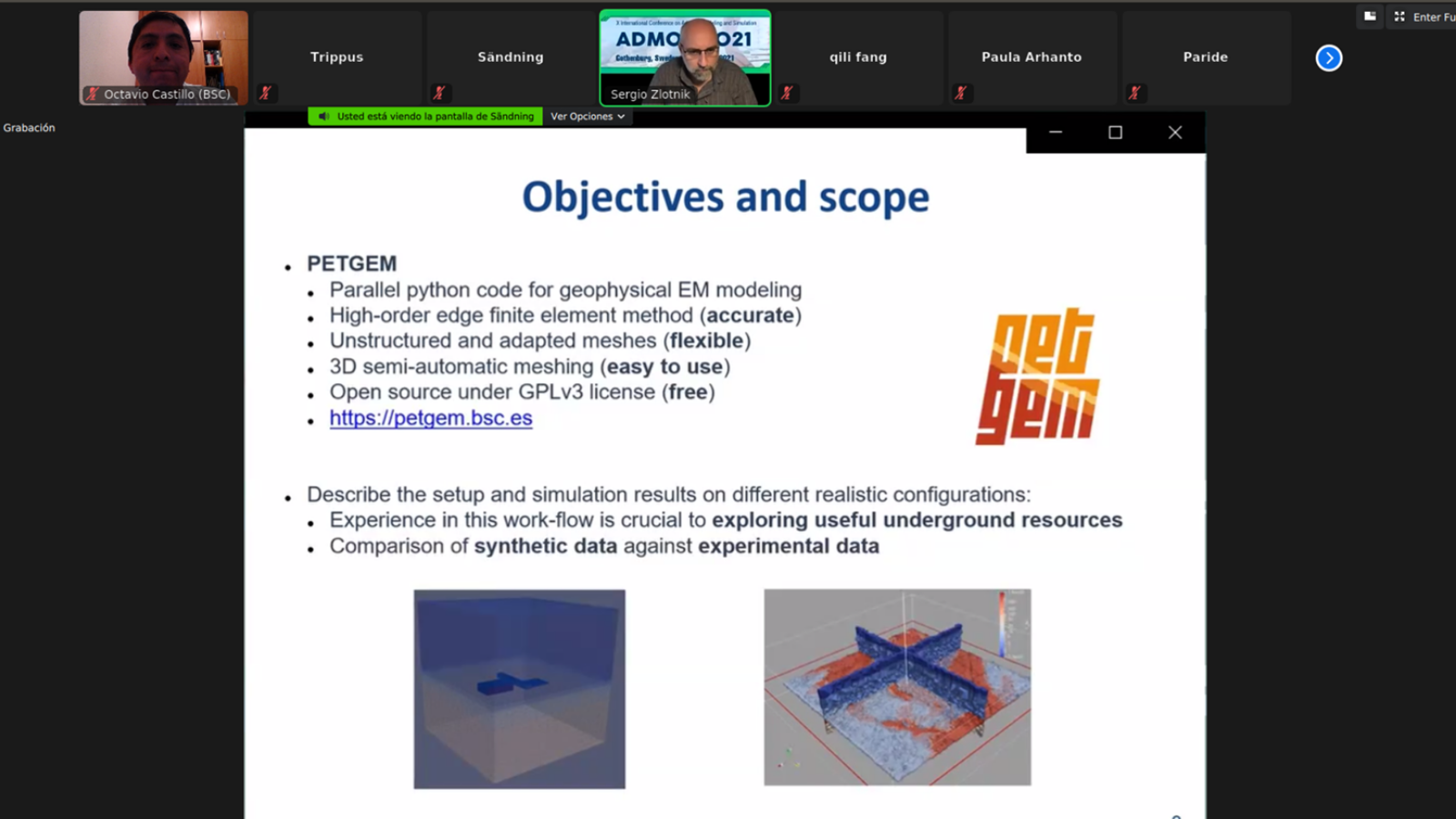
Image 2. Octavio Castillo's talk at ADMOS 2021


